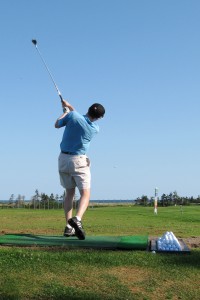Tonight is the final night of the four week teaching series, “Bonhoeffer: Following Jesus in a Fragmented World,” that I’ve been leading at Whitby Christian Assembly. That 200 people would come out on Wednesday evenings in January to hear about a dead German theologian is testimony to the commitment and passion of this extraordinary congregation. Of course, it doesn’t hurt that Dietrich Bonhoeffer is no ordinary dead German theologian! Continue reading Bonhoeffer on Human Freedom and the Image of God
Tag Archives: freedom
Series: Newbigin on “The Call to the Church” – 2. A Christian Doctrine of Freedom
Having considered in the previous post Newbigin’s insistence that the church must recover its eschatological imagination, we now turn to the second of what could be called his seven marks of the missional church — a true Christian doctrine of freedom. Two sets of concerns fall under this heading for Newbigin. The first set deals with matters that pertain to the relationship between church and state, while the second touches upon issues related to anthropology.1 Continue reading Series: Newbigin on “The Call to the Church” – 2. A Christian Doctrine of Freedom
- Lesslie Newbigin, Foolishness to the Greeks: The Gospel and Western Culture (Grand Rapids: W.B. Eerdmans, 1986), 137-141. ↩
What Does Sinai Have to Do With Augusta?
In his continuing commentary on the story of David dancing before the ark of the covenant in 2 Samuel 6, Robert Barron observes that there is another aspect of the passage that is puzzling to modern readers. Namely, how on earth could anyone dance before the law? (We must remember that the tablets of the Ten Commandments were housed within the ark.) Barron observes, “it would be difficult to imagine anyone dancing with joy before the tax code or the latest motor vehicle statutes, or even before the U.S. Constitution.” 1 However, David and the people of Israel dance with all their might before the law! Continue reading What Does Sinai Have to Do With Augusta?
- Robert Barron, 2 Samuel (Grand Rapids: Brazos, 2015), 60. ↩
